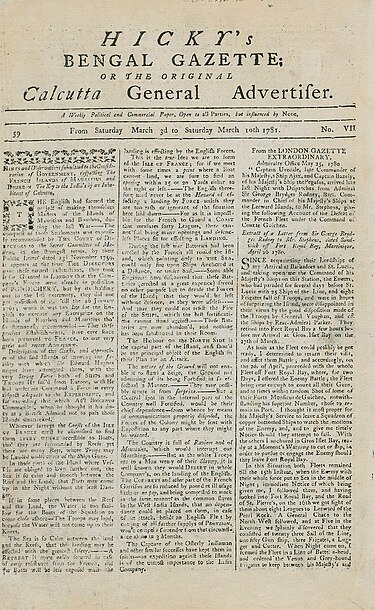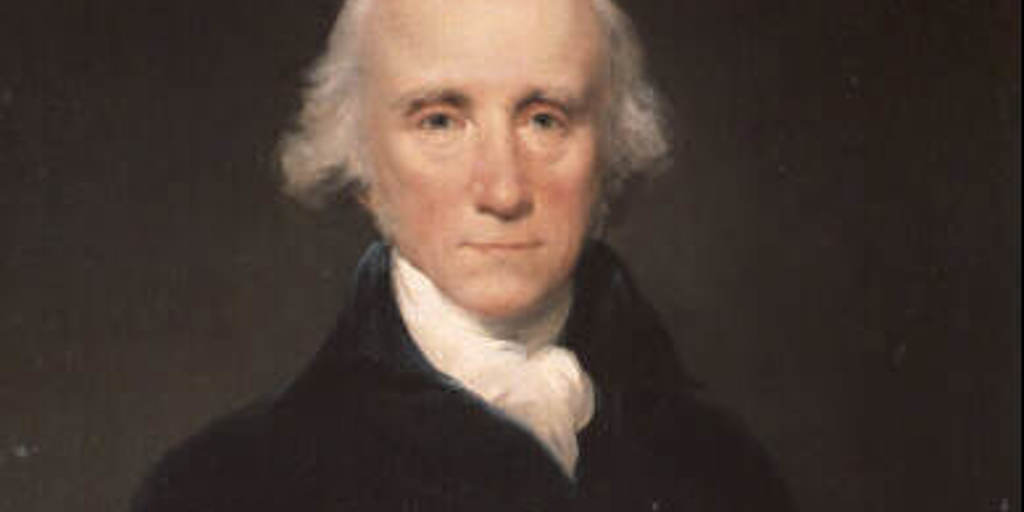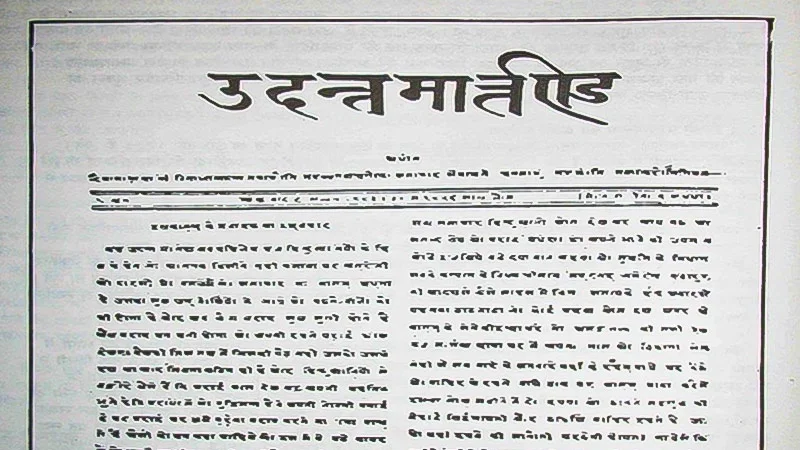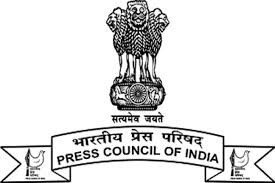
National Press Day is celebrated every year on November 16 in India . It highlights the essential role that the press plays in a democratic society. The commemoration of this event acknowledges the press's duty to report truthfully, hold power accountable, and nurture a well-informed public in the nation.
The press is often termed the "Fourth Pillar of Democracy" because of its influential role in broadcasting information and acting as a watchdog over the government. On National Press Day 2024, journalists, media houses, and the public reflect on the significance of press freedom and its challenges.
National Press Day, celebrated every November 16, honours the freedom and responsibility of the press in India. This influential event was established by the Press Council of India in 1966 with the meaningful aim of highlighting the role of media in defending democracy and promoting transparency. This day also reminds us of the press's commitment to truth, accountability, and ethical journalism.
| National Press Day 2024 Overview | |
| Aspect | Details |
| Date | November 16, 2024 |
| Significance | Celebrates press freedom and accountability in India |
| Established by | Press Council of India (PCI), 1966 |
| Theme for 2024 | Changing Nature of the Press |
| Objective | To emphasize the importance of free, fair, and responsible journalism |
| Historical Context | Reflects on the press’s role in India's independence and its contribution to democracy |
National Press Day reminds all to highlight the press's responsibility toward the public and its vital role in a democracy. This day also commemorates the establishment of the Press Council of India (PCI) on November 16, 1966. The PCI is a regulatory body that is dedicated to upholding journalistic ethics and ensuring freedom of expression. National Press Day is a day of deliberation and assessment for the Indian press as it aspires to protect public interest and maintain credibility in an era of rapid media proliferation.
The history of the press in India dates back to the colonial era when the first newspaper was established. The Indian press developed and expanded significantly in the 19th century while playing a vital role in promoting awareness and building nationalist sentiment. Raja Ram Mohan Roy contributed to the freedom of the press by founding Sambad Kaumudi and supporting free expression, challenging British censorship and supporting social reforms. Publications like The Hindu, Amrita Bazar Patrika, and Kesari helped to motivate and arouse public opinion against British colonialism. Indian journalism has evolved significantly over the years, influenced by British rule, the freedom movement, and post-independence challenges.
The first newspaper in India was Hicky’s Bengal Gazette, launched by James Augustus Hicky in 1780. This weekly newspaper, published in English at Calcutta (now Kolkata), functioned as a critical voice against British colonial rule. Hicky’s Bengal Gazette laid the foundation for India's press, setting a precedent for using journalism as a tool for truth and resistance.

James Augustus Hicky is often remembered as the Father of the Indian Press for introducing journalism to the subcontinent. Though his paper was eventually shut down due to censorship, Hicky's contributions marked the beginning of India's rich and strong media landscape.

The first Hindi newspaper in India was Udant Martand , published in 1826 by Pandit Jugal Kishore Shukla. It was based in Calcutta and primarily served the interests of Hindi-speaking Indians. Although it faced financial difficulties and was eventually discontinued, Udant Martand set a foundation for regional-language journalism, a critical component of India's diverse media landscape today.

The Press Council of India (PCI) is a statutory, quasi-judicial, and autonomous authority that is assigned to upholding the freedom and standards of the press in India. Reestablished in 1979 under the Press Council Act, 1978 , PCI has two primary objectives: to safeguard press freedom and to improve the standards of newspapers and news agencies in India.

The Press Council was first established in 1966 based on the recommendations of India’s first Press Commission and was governed by the Indian Press Council Act, 1965 . However, the Council was dissolved in 1975 during the Emergency period. Later, the Press Council Act, 1978 , was passed, which allowed PCI to be re-established in 1979.
The Press Council of India operates as a corporate body, comprising a Chairman and 28 members. The Chairman was traditionally a retired judge of the Supreme Court and was nominated by a high-level committee consisting of the Chairman of the Rajya Sabha, the Speaker of the Lok Sabha, and one member elected by PCI members.
The PCI’s 28 members represent diverse sectors, ensuring comprehensive oversight:
The Indian press played an influential and key role in India’s freedom struggle. It became a powerful weapon against British colonialism. Newspapers like Amrita Bazar Patrika, Kesari, and The Hindu raised awareness about oppressive British policies, which ignited patriotism and mobilized the masses for independence.
Freedom fighters and leaders such as Mahatma Gandhi , Bal Gangadhar Tilak , and Jawaharlal Nehru , used the power of the press to reach and mobilise Indians. Gandhi himself edited Young India and Harijan, u sing these publications to broadcast his ideas on non-violence, truth, and Swaraj (self-rule). This era showcased the potential of the press as a tool for social and political change, solidifying its place as a pillar of democracy.
The Constitution of India guarantees Freedom of the Press as part of the right to freedom of speech and expression under Article 19(1)(a) . This right, however, needs to be more conclusive and comes with certain reasonable restrictions outlined in Article 19(2) , including considerations for national security, public order, and decency.
Despite these restrictions, press freedom is essential to upholding democracy in India. However, recently, we have seen debates on the topic of media platforms facing pressures from political and commercial interests, flashing concerns about journalistic independence.
A noteworthy legislative development has recently impacted the press, known as the Press and Registration of Periodicals Act 2023 . This new act aims to modernise the process of registering print and digital publications in India. This Act introduced steps to streamline publication registrations, increase transparency, and establish a system to monitor media publications more effectively. It replaced the older regulations and recognised the digital transformation in media, which makes it relevant to contemporary publishing practices.
This Act also mandates certain disclosures, such as the periodicity of publication and ownership details , which helps maintain transparency. It is necessary to understand this Act as it navigates the regulatory landscape and maintains credibility with the audience.
While National Press Day 2024 celebrates the achievements of India’s press, it also highlights challenges that continue to impact journalism. Some of them are included below:
On National Press Day 2024 , various events, discussions, and award ceremonies are organized across India to honour journalists and media professionals. The Press Council of India presents awards to outstanding journalists who exemplify integrity, courage, and dedication to truthful reporting.
Panel discussions and seminars with media experts, government representatives, and academics are common. They focus on contemporary challenges, ethical journalism, and the future of the media industry in India.
The Indian press continues to adapt to new technologies and changing audience needs. Digital platforms have expanded access to information and brought challenges that lead audiences towards misinformation and regulatory concerns. As traditional print media faces competition from online platforms, the need for responsible, fact-based journalism becomes increasingly essential.
National Press Day 2024 is not just a day to honour the press but it is a celebration of India’s commitment to uphold freedom, democracy, and truth. From its early days as the first newspaper in India to its modern form adapting to digital transformations, the Indian press has evolved while retaining its foundational values.
Looking for guidance in UPSC preparation? Enroll in the best courses offered by Physics Wallah!
| UPSC Related Articles | ||
| UPSC Prelims Questions | NCERT for UPSC Exam 2025 | UPSC Mains Admit Card |
| UPSC Mains Exam Pattern | UPSC Scholarship Test | UPSC Result |
